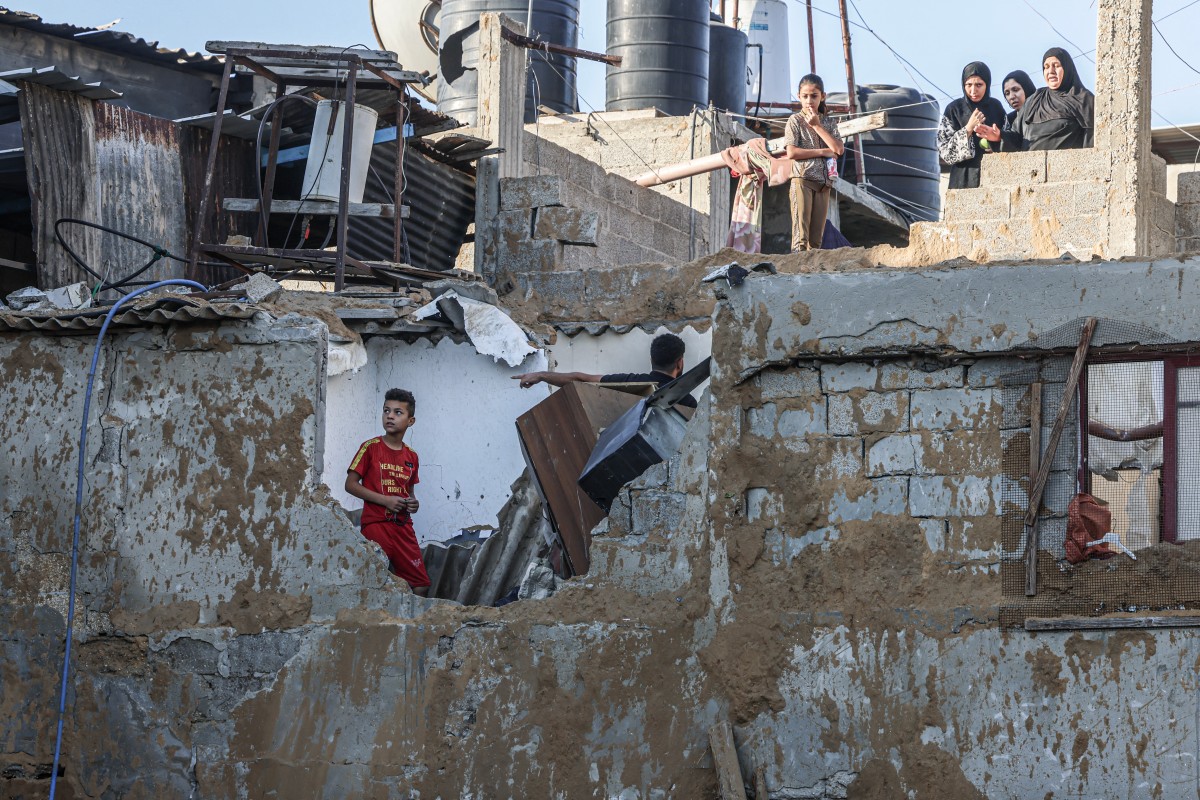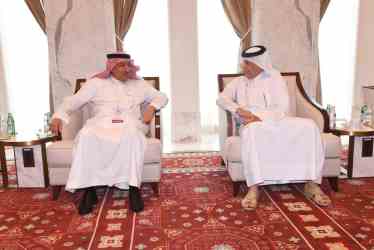
403
Sorry!!
Error! We're sorry, but the page you were looking for doesn't exist.
Conflict in Lebanon leaves indelible mark on country's children
(MENAFN) The ongoing conflict in Lebanon, primarily between Hezbollah and Israel, has left an indelible mark on the country's children, creating deep psychological scars that may last for generations. The violence they have witnessed and the sounds of conflict they have heard will not be easily forgotten.
According to the United Nations Children's Fund (UNICEF), over 400,000 children have been displaced from their homes due to the latest escalation in fighting. Many of these young individuals have experienced multiple displacements, having to flee their homes not just once, but two, three, or even four times as the situation worsens.
As the conflict intensifies, reports indicate that hundreds of children have sustained injuries from ongoing airstrikes, despite Israel's assertions of "precise targeting" aimed at Hezbollah leaders and infrastructure. UNICEF has documented the types of injuries most commonly observed among children, which include concussions and traumatic brain injuries resulting from blasts, shrapnel wounds, and limb injuries. Additionally, many children are experiencing hearing loss attributed to the explosions surrounding them.
Tragically, the toll on young lives has been severe; at least 127 children have lost their lives over the past year, with more than 100 of those fatalities occurring in the last week alone, as reported by UNICEF, referencing data from the Lebanese Ministry of Public Health.
The impact of such violence goes beyond physical injuries; the emotional and psychological ramifications are profound. Children caught in this cycle of violence are left feeling withdrawn, anxious, and confused. The instability of their surroundings and the fear induced by the ongoing conflict hinder their ability to find safety and normalcy, essential components of healthy development.
As the situation continues to unfold in Lebanon, the plight of its children remains a critical concern for humanitarian organizations and the international community. Efforts must be made to address their immediate needs and to provide support for their long-term recovery, ensuring that they can heal from the trauma they have experienced and rebuild their lives in the aftermath of conflict.
According to the United Nations Children's Fund (UNICEF), over 400,000 children have been displaced from their homes due to the latest escalation in fighting. Many of these young individuals have experienced multiple displacements, having to flee their homes not just once, but two, three, or even four times as the situation worsens.
As the conflict intensifies, reports indicate that hundreds of children have sustained injuries from ongoing airstrikes, despite Israel's assertions of "precise targeting" aimed at Hezbollah leaders and infrastructure. UNICEF has documented the types of injuries most commonly observed among children, which include concussions and traumatic brain injuries resulting from blasts, shrapnel wounds, and limb injuries. Additionally, many children are experiencing hearing loss attributed to the explosions surrounding them.
Tragically, the toll on young lives has been severe; at least 127 children have lost their lives over the past year, with more than 100 of those fatalities occurring in the last week alone, as reported by UNICEF, referencing data from the Lebanese Ministry of Public Health.
The impact of such violence goes beyond physical injuries; the emotional and psychological ramifications are profound. Children caught in this cycle of violence are left feeling withdrawn, anxious, and confused. The instability of their surroundings and the fear induced by the ongoing conflict hinder their ability to find safety and normalcy, essential components of healthy development.
As the situation continues to unfold in Lebanon, the plight of its children remains a critical concern for humanitarian organizations and the international community. Efforts must be made to address their immediate needs and to provide support for their long-term recovery, ensuring that they can heal from the trauma they have experienced and rebuild their lives in the aftermath of conflict.

Legal Disclaimer:
MENAFN provides the
information “as is” without warranty of any kind. We do not accept
any responsibility or liability for the accuracy, content, images,
videos, licenses, completeness, legality, or reliability of the information
contained in this article. If you have any complaints or copyright
issues related to this article, kindly contact the provider above.























Comments
No comment